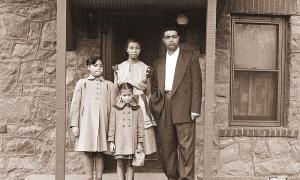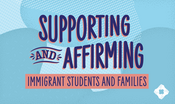“I would hope that a wise Latina woman with the richness of her experiences would more often than not reach a better conclusion than a white male who hasn’t lived that life.” These few words, spoken casually by Sonia Sotomayor at the annual Mario G. Olmos Law and Cultural Diversity Lecture at UC-Berkeley in 2001, came back to haunt President Barack Obama’s nominee for the United States Supreme Court during the spring and summer of 2009. Hard to believe that this brief statement could cause such anguish, particularly among the conservative white senators who form part of the Senate Judiciary Committee, yet they led to days of arrogant grilling by the Senators and weeks of newspaper articles and commentary by television pundits speculating on what Sotomayor meant, whether it would hurt her confirmation, and what it would signal for the new court.


